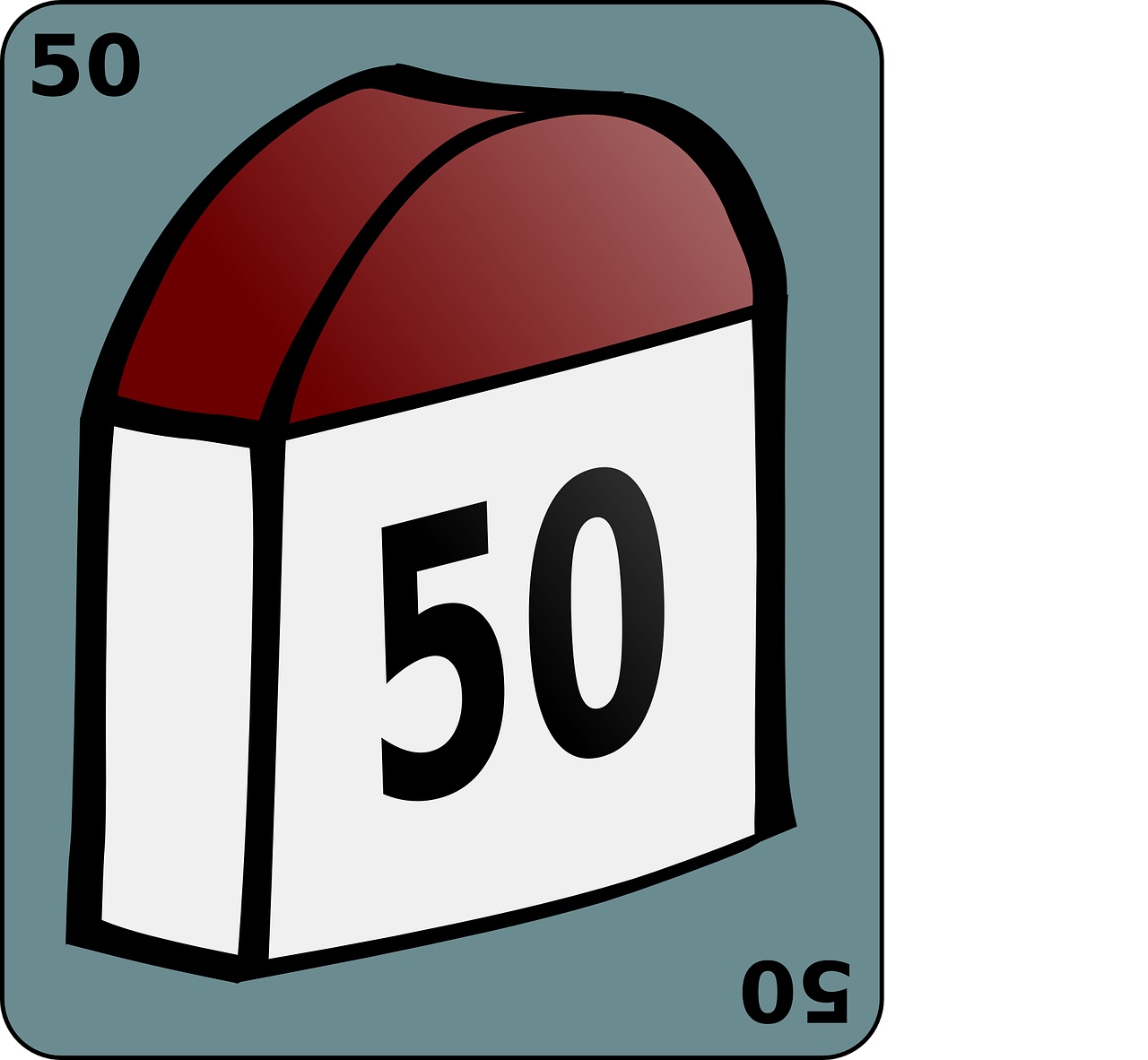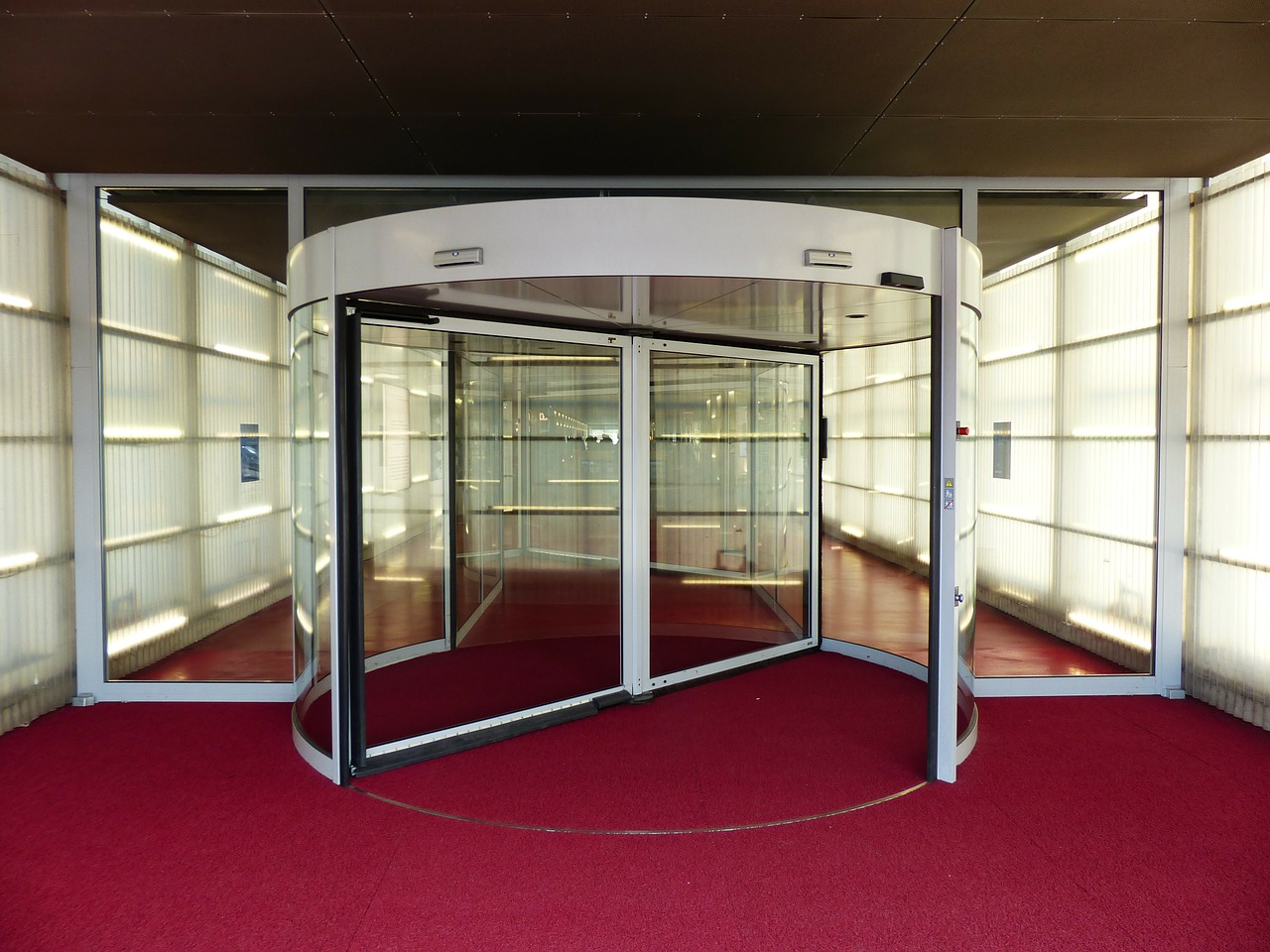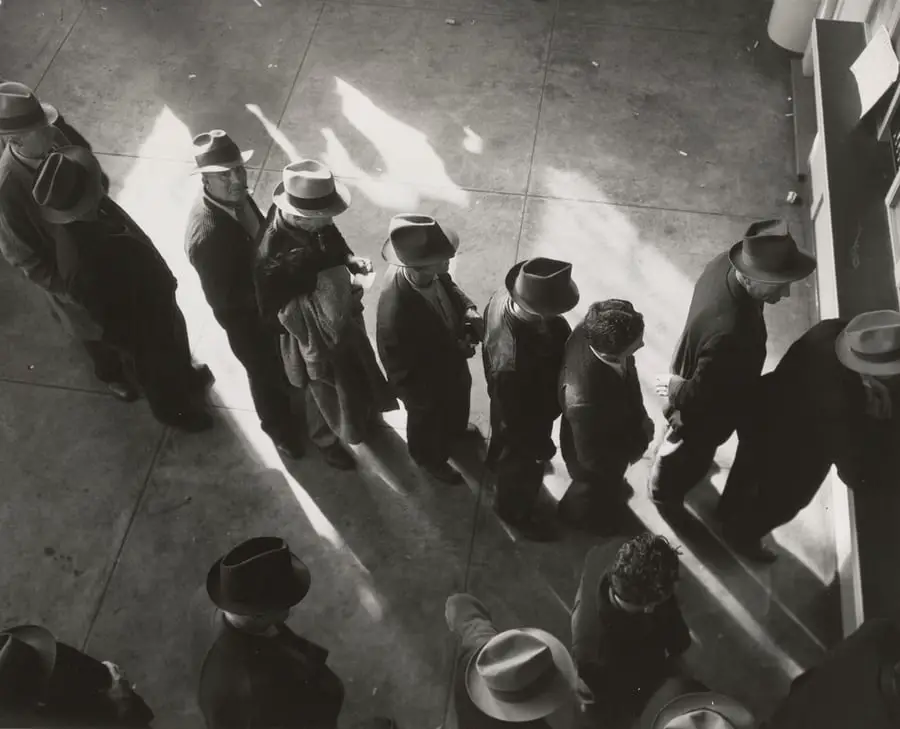
Now that I am on the cusp of hitting the big 50 and I have been practicing radiology for nearly twenty years post-residency let me give you some thoughts about where I have gone in my radiology career after residency and fellowship. Life does not end after residency. By showing you my career path and milestones, I hope to give you a bit of perspective on the twists and turns you can expect in your career. Also, you might find it enlightening to see the critical junctures I had and apply them to what you may want to do as you go along in your practice. I will start when I just finished my fellowship in 2004, summarize what happened in approximately five-year intervals from 2009 to 2019, and finish with the present.
2004- My First Job
As I had just started my first practice, my first goal was to get as much experience as possible to become the best radiologist I could be. Also, paying off my student debts and saving for the eventual purchase of a house was first and foremost on my mind. At this point, I would work extra shifts and read as many cases as possible; it was a considerable adjustment after six years of postgraduate training and medical school. I made sure to attend loads of courses to keep up with radiology. And I was excited to start on a path to a partnership tract. (Turns out that happened during my second job!)
2009 – Partnership Begins
After this point, we had paid down our student loans (one of the significant milestones) and lived in our house for a bit. After years of medical school, residency, fellowship, and partnership track, I felt what it was like to settle down in a stable career; I became ensconced in the radiology residency and began to take on new roles once I started as a partner in a partnership. And, I began to learn a bit more about the intricacies of the business of radiology, not just the day-to-day practice. Work and routines became more familiar and seemed like a family.
2015-2016- Expansion And New Roles- Many New Milestones
Our practice began to grow incrementally with the acquisition of new hospital contracts and outpatient sites. Learning about how mergers and acquisitions work was fascinating as part of this expansion. And I became the medical director of one of our outpatient sites. To this day, I continue to run this private office. During this period, I learned about all the organizations and issues with new sites, ensured appropriate staffing, and began covering all the different areas at this site. The outpatient office has become a second home within the practice for me.
Then, in 2016, I decided to start up radsresident.com on a whim due to my interest in teaching and the internet. Still, it has been an incredible experience that merges all the aspects of radiology, technology, and writing that I enjoy. And it’s been going strong ever since!
2022- The Fun Continues
To this day, I still enjoy the complex cases and people that I have met in radiology since I started. Although I am no longer gung-ho about working extra shifts like at the beginning of 2004, the residency program, this website, and my day-to-day work continue to challenge me. And I look forward to going in to work every week. Moreover, extra-curricular activities play a more significant role in my life. Yes, they have changed over the past twenty years, but they are critical for having a fulfilling life and career.
What Are The Milestones You Expect Over Your Career?
Indeed, I could not have exactly predicted what would happen to my radiology career since my fellowship ended. If you had told me after finishing my training in 2004 that I would be running a blog, a residency program, and an outpatient office while being a partner in practice at 50 years old, I am not sure if I would have believed you. Changes along my career path have made the past twenty years enjoyable. So, I advise you to embrace the milestones you will experience in your career. It will make for a much more rich and exciting path. For me, I expect the next twenty years to be no different!















